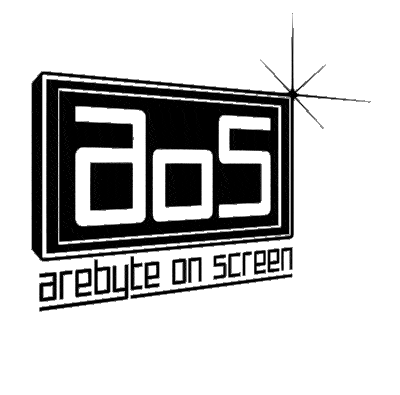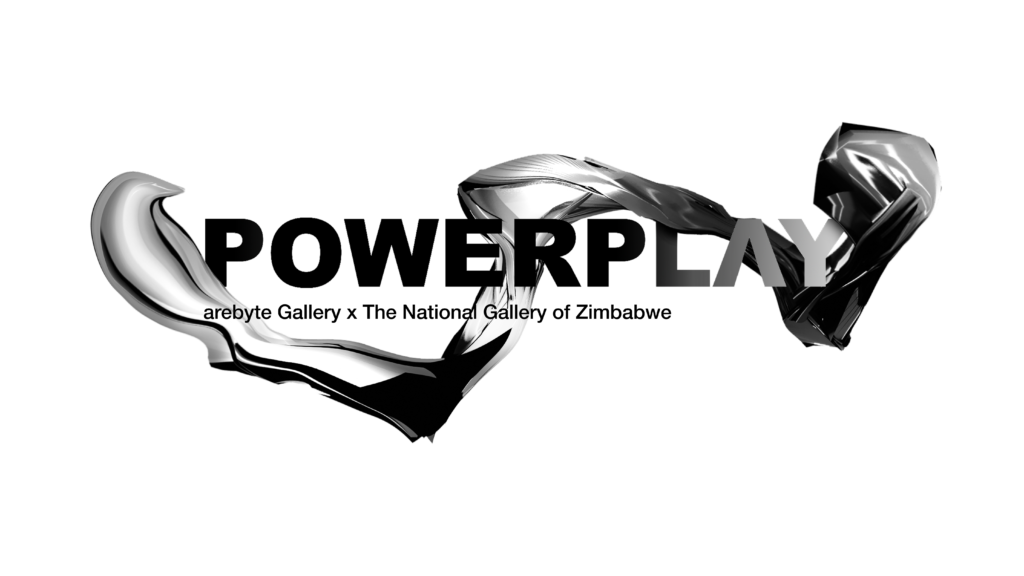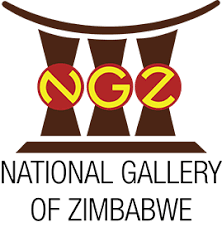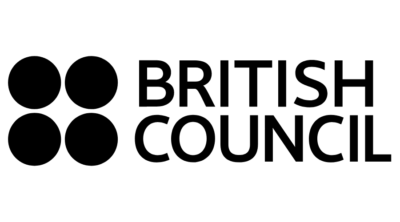arebyte Gallery and The National Gallery of Zimbabwe in Bulawayo are pleased to announce POWERPLAY, a group exhibition featuring artists working within digital media, moving image and technology. Co-commissioned by London-based arebyte Gallery and the National Gallery Zimbabwe in Bulawayo, with support from the New Art New Audiences grant from the British Council. The first showing of the exhibition will be presented at arebyte Gallery in London, before travelling to the National Gallery of Zimbabwe in Bulawayo. POWERPLAY will be the first exhibition of digital and new media art at the National Gallery of Zimbabwe in Bulawayo, Harare and Mutare.
POWERPLAY foregrounds the digital arts scene in Africa and presents work by digital artists who are from or based in Nigeria, South Africa, Zimbabwe, and the UK. Discussing the use of technology in creating a sense of identity and place within a digitised world, the artists in the exhibition look at the relationships of power experienced in varying ways. The works address isolation and alienation; societal bias around gender and race; transformation of being; the politics of borders and migration; dark markets of trade; and communities who work outside of mainstream economy. Taking place both online and offline, the multi-sited exhibition format brings to light the fluidity between the virtual and the real – how is power asserted over our decisions and movements, what are the consequences, and how can we think about control differently?
—
Through newly commissioned and re-imagined work, POWERPLAY explores the nuances of working with digital media in a digitised world. The exhibition looks into the reproduction and commodification of the self, consent and surveillance online and offline, and the exploitation and censorship of data, ideas and behaviours. Through the use of existing infrastructure within the gallery and around the city, as well as the pseudo-advertisement aesthetics seen in the CGI printed works and the Virtual Reality iteration of the exhibition, the artworks proliferate and infiltrate this system to question our agency and power over surveillance and capitalism.
From politicians threatening to use military or economical power as coercion, to the underlying systemic structures of bias built on the oppression of race, gender and sexuality, plays of power are prevalent throughout online and real-life interactions by way of social hierarchies and the monopolising of markets. Plays of power are also widespread in chat rooms, online community forums, and gaming worlds, often with users spreading hate speech with methods of mental manipulation to initiate formations of groups of like-minded people who are hostile to those with differing opinions.
Technology can be used as a tool to demonstrate power – from data collection by black-box algorithms to major tech companies dominating the market – the ways we converse, vocalise our opinions and integrate are becoming increasingly more digitised and therefore unstable. Technology can seem intangible and removed from a sense of personability, however, it can also reinforce a sense of place and identity – this is formalised in the exhibition through a reconnection to the physical world by challenging the traditional modes of display, and incorporating screen based works with physical ephemera, alongside a virtual reality version of the exhibition, where the work is stretched beyond its physical or material limits.
Overall, the various creative technologies, software and hardware in the exhibition are used with purpose and intent to address the tensions and consequences of producing work linked to immateriality, the individual and the collective, and the misrepresentation of words and meaning. Technology creates an interrelated mesh of connections in a global network, which is solidified in the artists’ various locations across Africa, Europe and America, but is also conceptually linked in the subtleties of each work.





